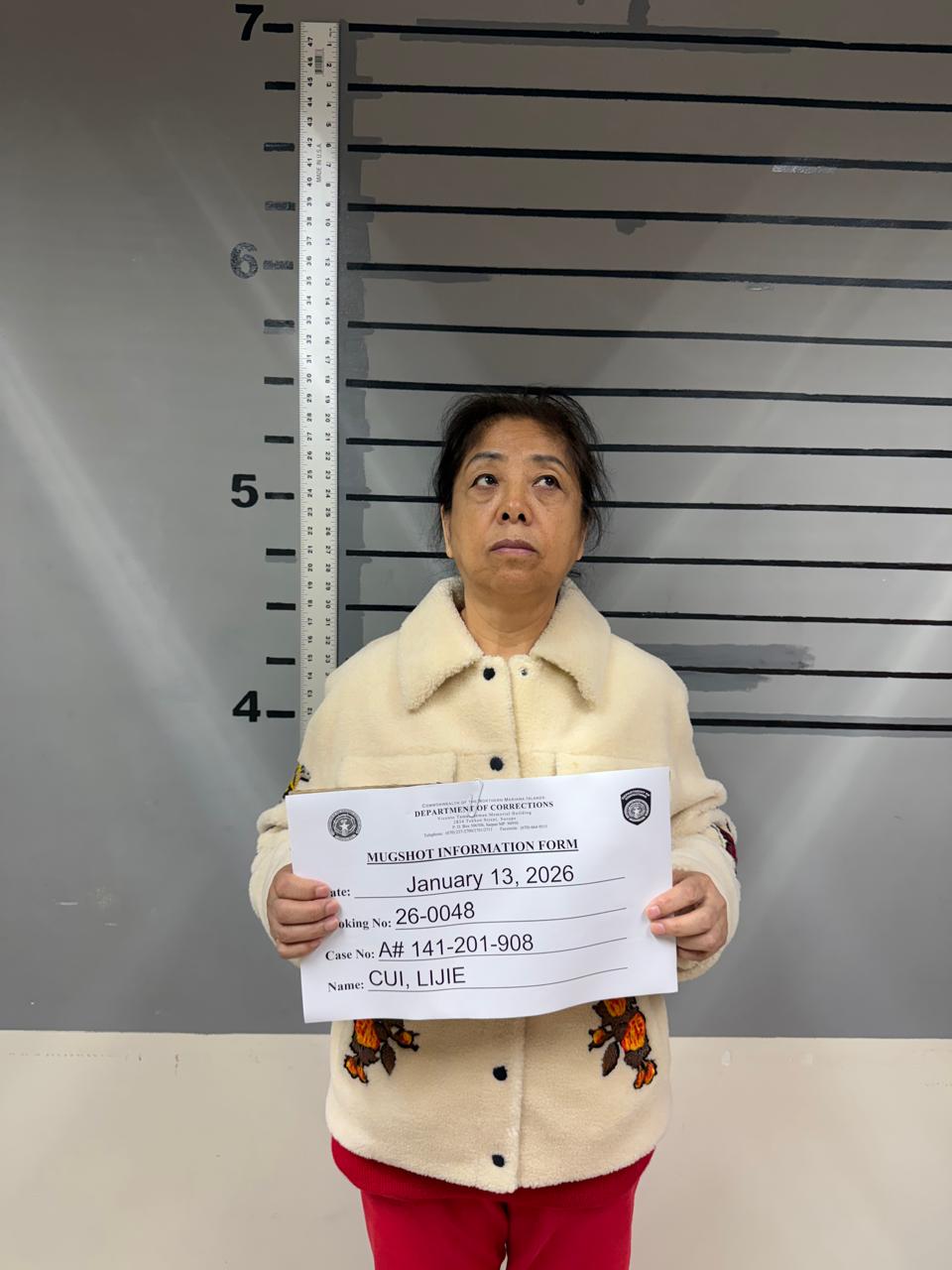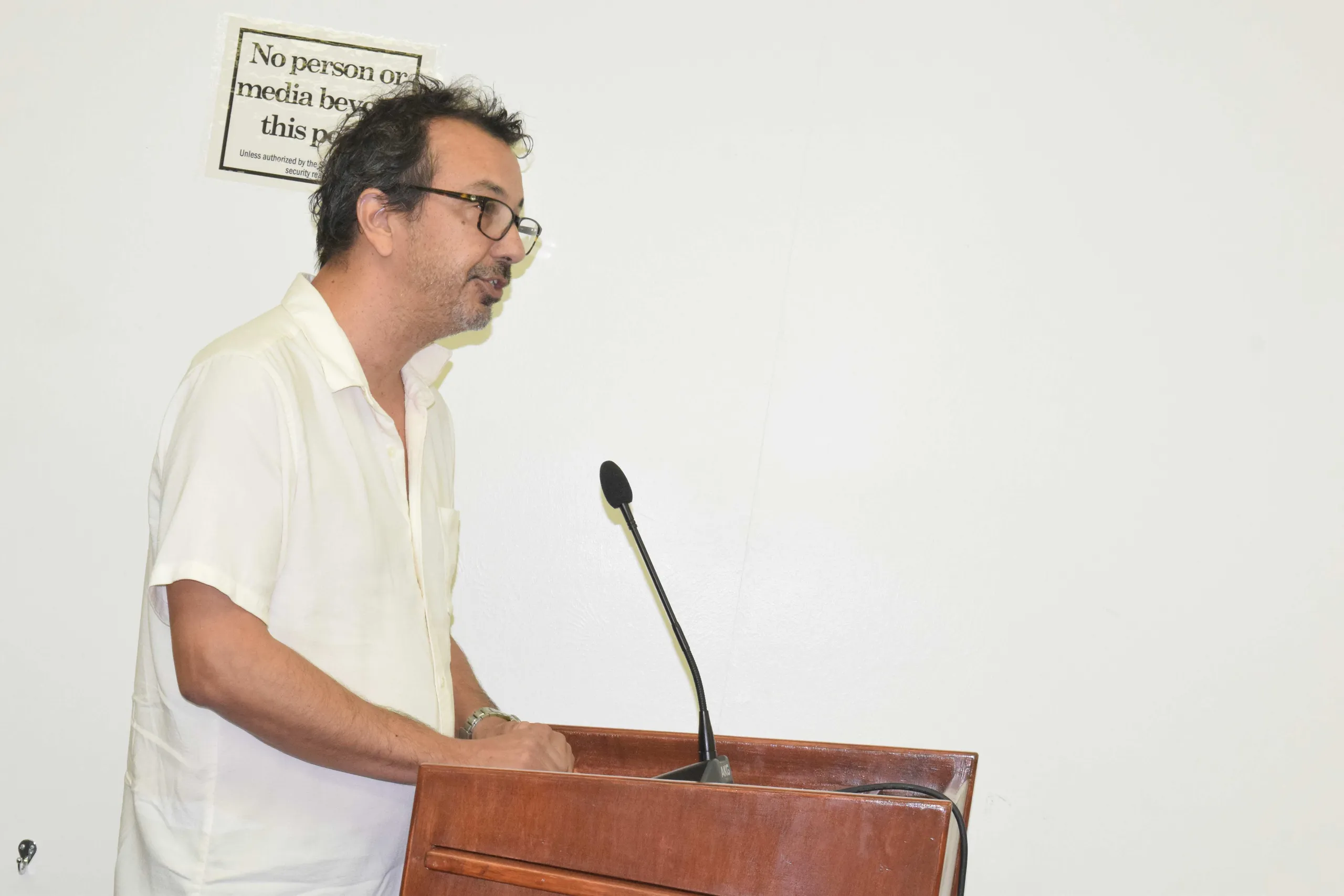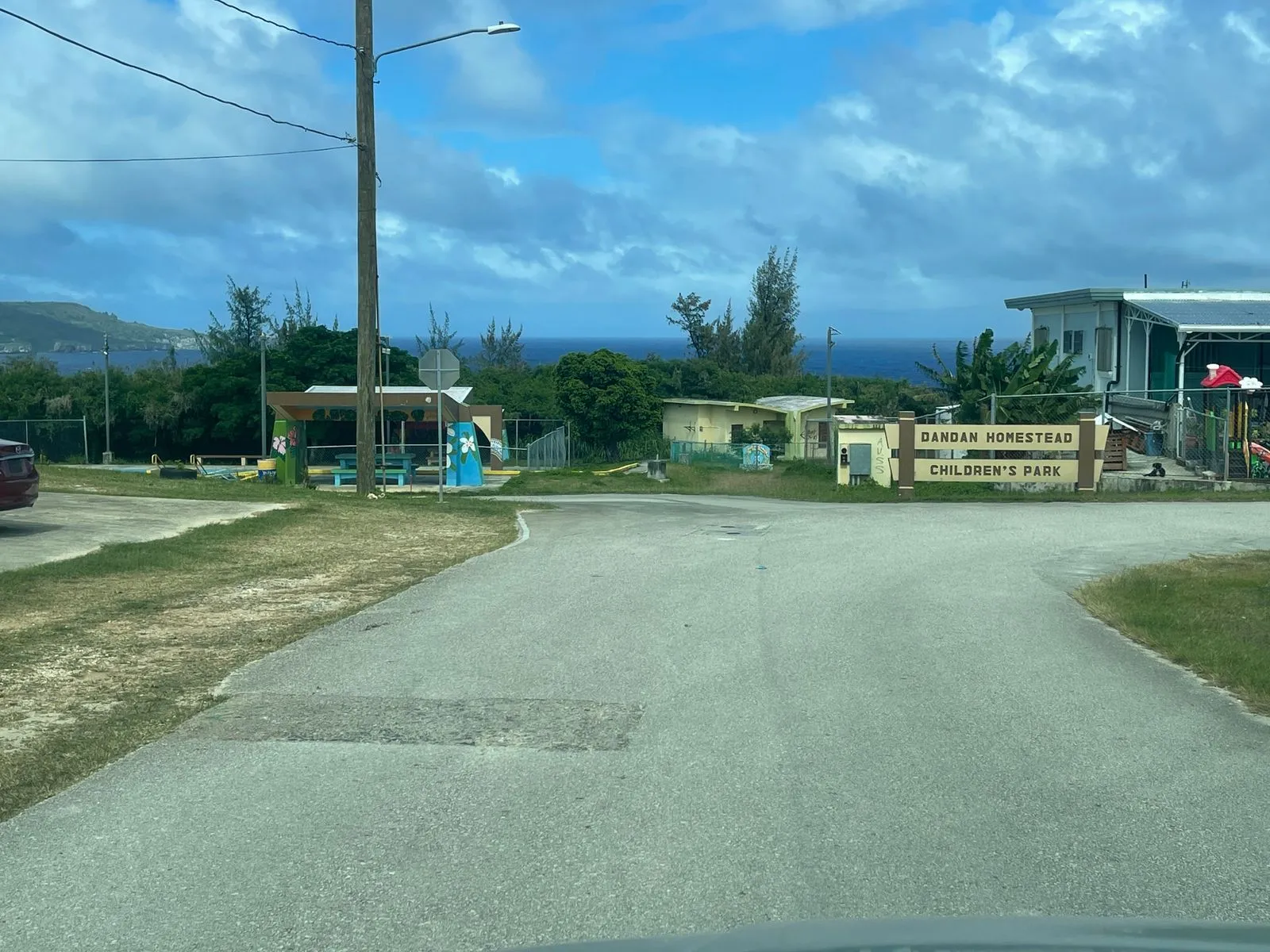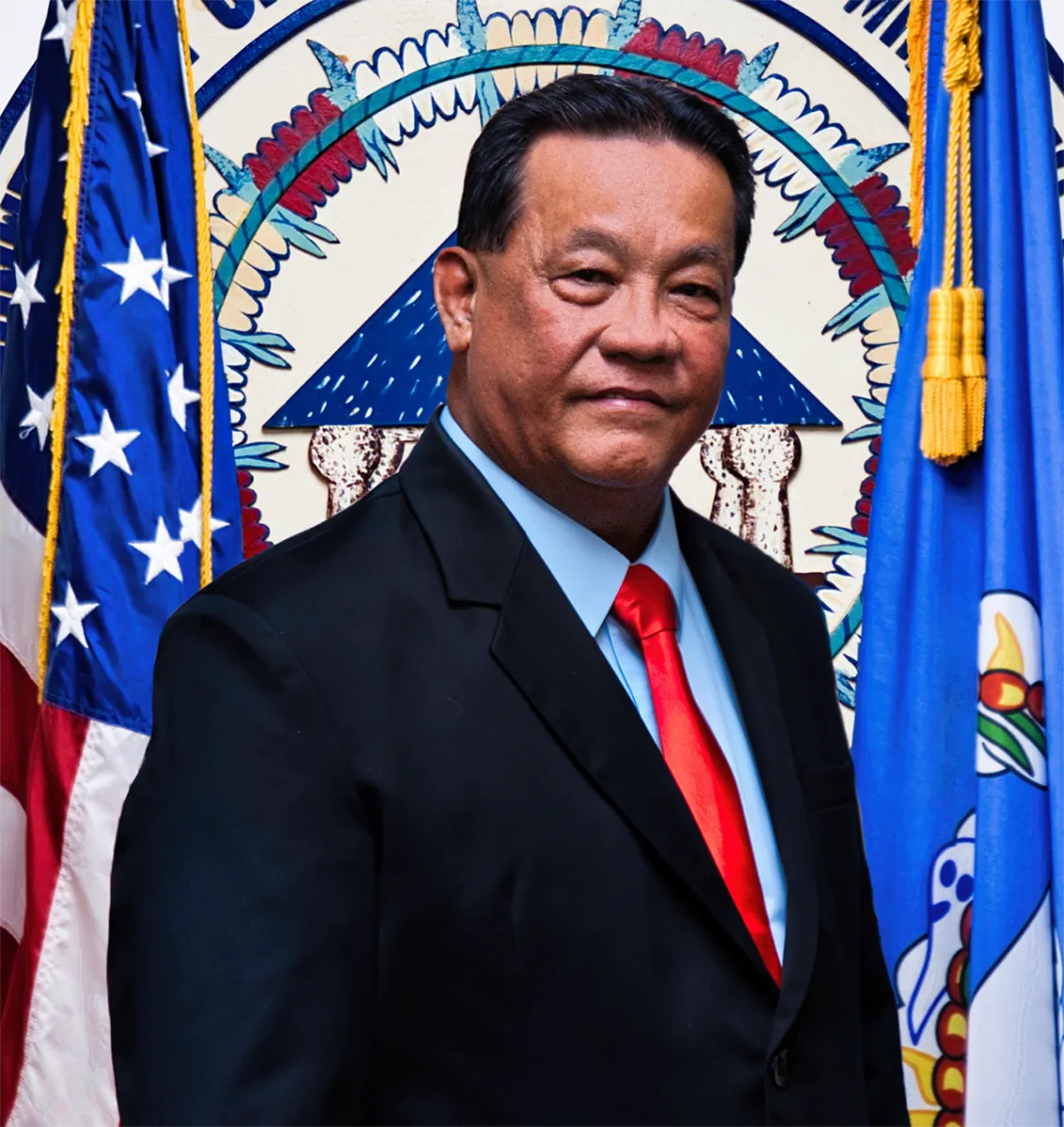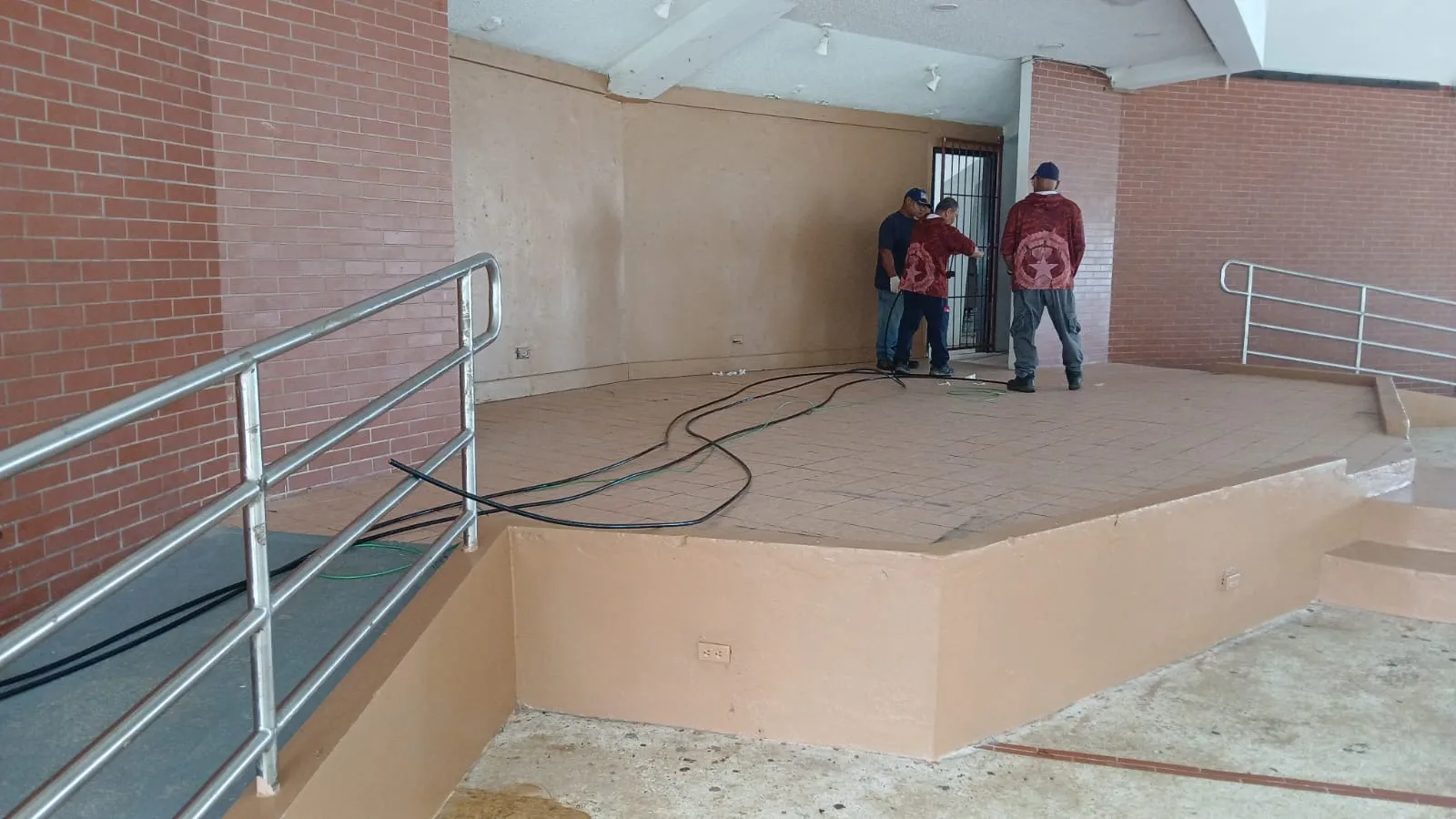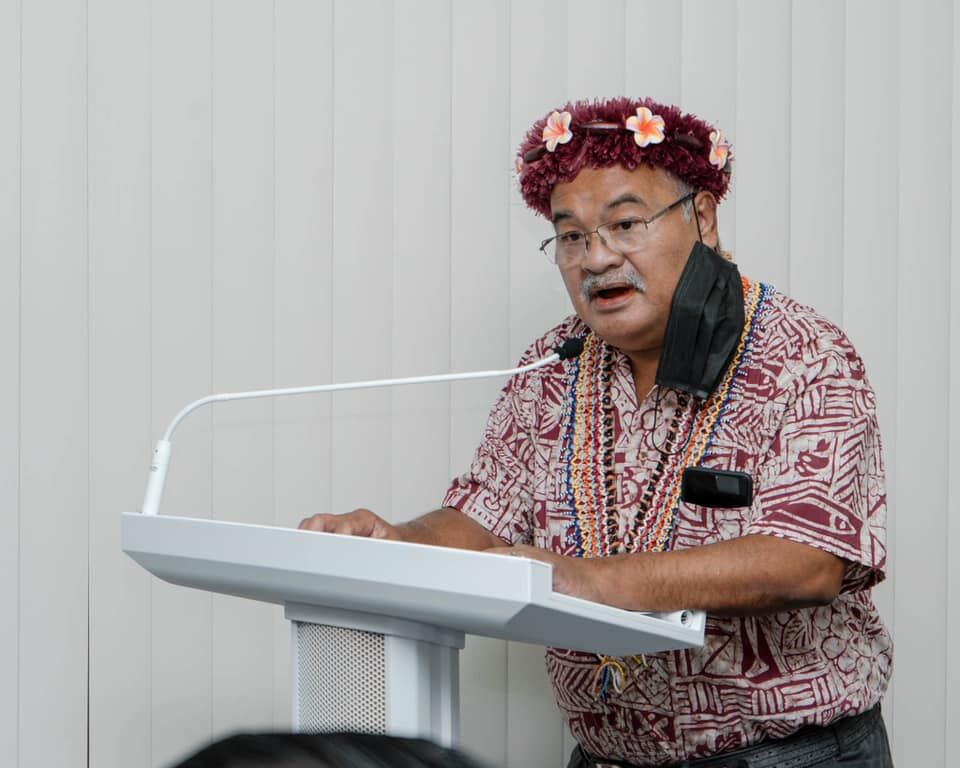
Uraali Refaluwasch Association senior leader Melvin L.O. Faisao
Office of the Governor photo
THE National Oceanic and Atmospheric Administration has assured the Uraali Refaluwasch Association of its commitment to sharing data gathered from scientific exploration of the Marianas Trench Marine National Monument.
NOAA Assistant Administrator Steven Thur, Ph.D., was responding to a joint letter from URA officers stating that all scientific findings — including data, environmental observations, specimen collections, biological and genetic materials, and associated academic research — must be provided in full to the CNMI government. The letter also requested that such information be shared with indigenous-led institutions or designated CNMI repositories for public education, and that it “must not be commercially developed, patented, or retained exclusively by third-party institutions without prior consent of the CNMI government and the islands’ traditional leaders.”
URA senior leader Melvin L.O. Faisao, president Carmelita Rabauliman-Faisao, vice president Sharma Laniyo, secretary Lorna Iginoef and treasurer Elvira Seman said the marine environments explored by NOAA and partner agencies “are not only geophysical features of national interest, but part of the living legacy of the indigenous people of the NMI.”
The URA officers urged NOAA to formalize a framework that acknowledges and safeguards the intellectual and cultural rights of the people whose heritage is inseparable from the ocean that NOAA is studying.
In his reply, Thur thanked the URA officers and members for reaching out about the scientific exploration of the Marianas Trench Marine National Monument and the release of data from those activities. He noted that NOAA and URA “share a commitment to understanding and sharing knowledge about ocean environments with the public.”
Thur informed URA that the ongoing exploration of the monument is being conducted by the non-profit Ocean Exploration Trust or OET in partnership with NOAA. He said OET has a long history of collaborating with local communities and partners during its Pacific expeditions and operates strictly on a non-profit basis.
As part of its planning for this expedition, OET met with stakeholders beginning in August 2024, including during the Mariana Islands Conservation Conference, to design capacity-building projects and incorporate local needs and concerns into its research plan, outreach, and education initiatives.
As the sponsor of OET’s work in the CNMI, Thur said NOAA’s Ocean Exploration Program’s Principles of Exploration guide OET’s deepwater mapping and exploration activities. These principles, he said, outline NOAA’s commitment to publicly releasing data and results in a timely and accessible format.
“That commitment to share data extends to this expedition, and we would be happy to provide information on accessing the digital data,” Thur stated.


